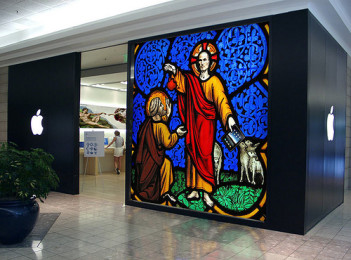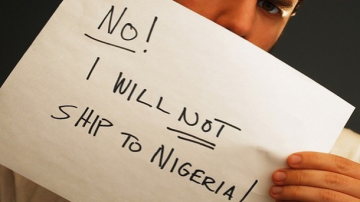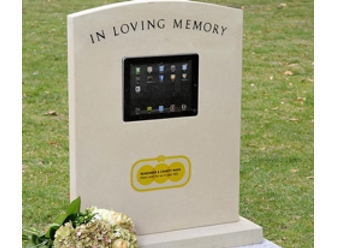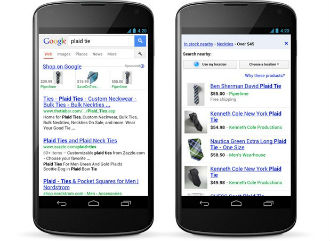 Software King of the World Microsoft is opening a new store on London’s Regent Street area which is zoned by the Apple Cult as sacred and holy to them.
Software King of the World Microsoft is opening a new store on London’s Regent Street area which is zoned by the Apple Cult as sacred and holy to them.
The Tame Apple Press is furious after Microsoft announced plans for its first UK retail store, just a stone’s throw from Apple’s flagship outlet.
While not revealing when the store will open, Microsoft’s UK boss Cindy Rose said in a blog post: “We couldn’t be happier to be opening a flagship store in the heart of central London at Oxford Circus, where two of the world’s most iconic shopping streets meet.
“We know our customers and fans, whether they are from London, the broader UK or just visiting, will love our bold plans for the space.
“This will be so much more than just a great place to experience all that is possible with Microsoft, but a real hub for the community where we’ll be bringing to life our passion for helping people explore their creativity through an ambitious programme of workshops and training along with moments that work to unite the community.”
This is not the first time that Apple has faced its sworn rival threatening to contaminate its sacred ground with cheaper more reliable products. Vole has been threatening to open an inner London store close to Apple since 2012.
There are 75 Microsoft stores globally, with two flagship stores in New York and Sydney.


















